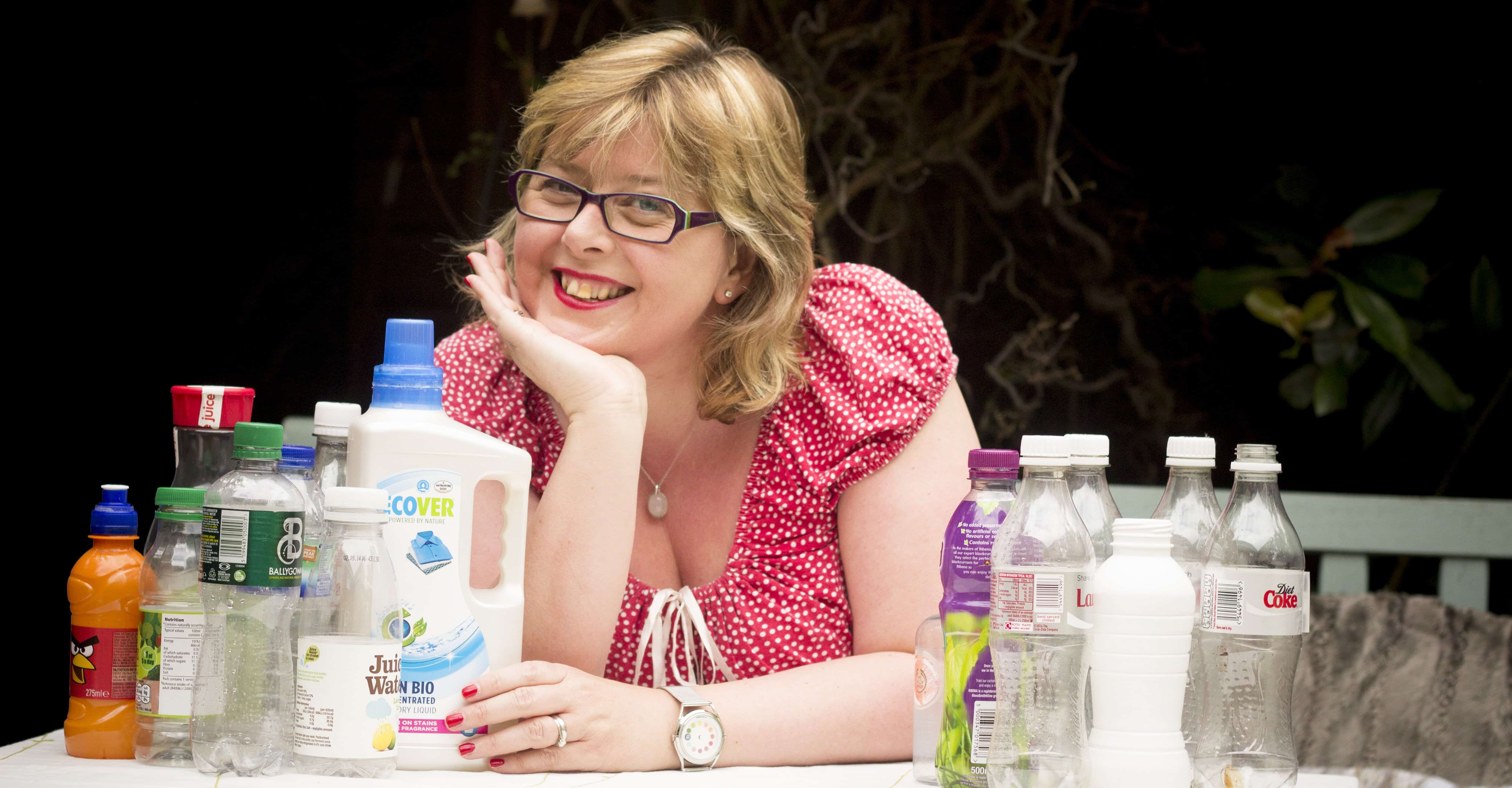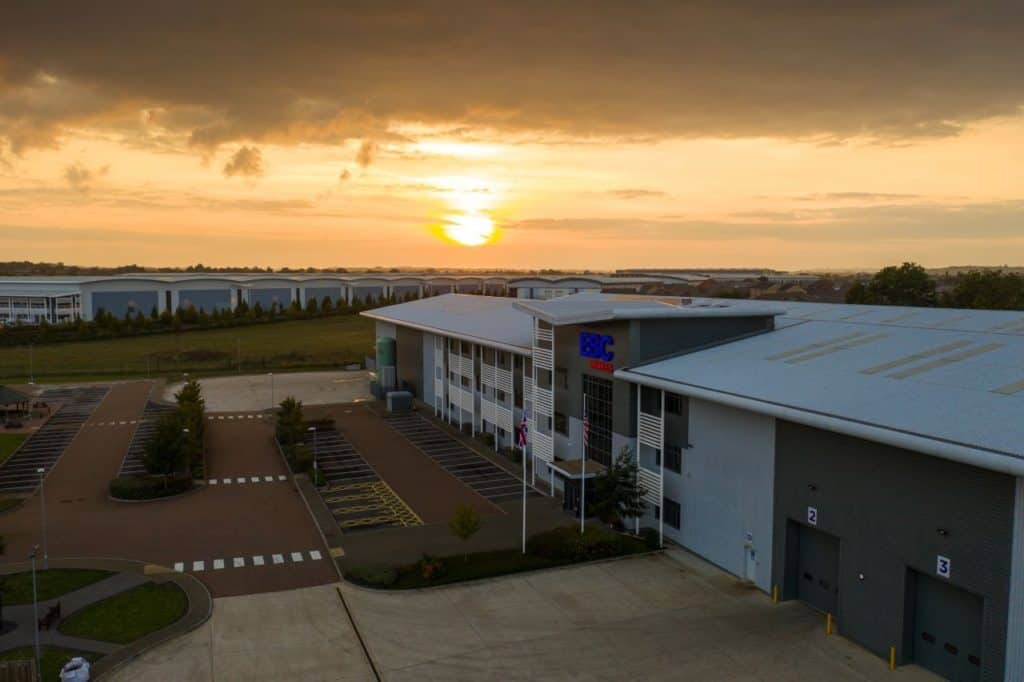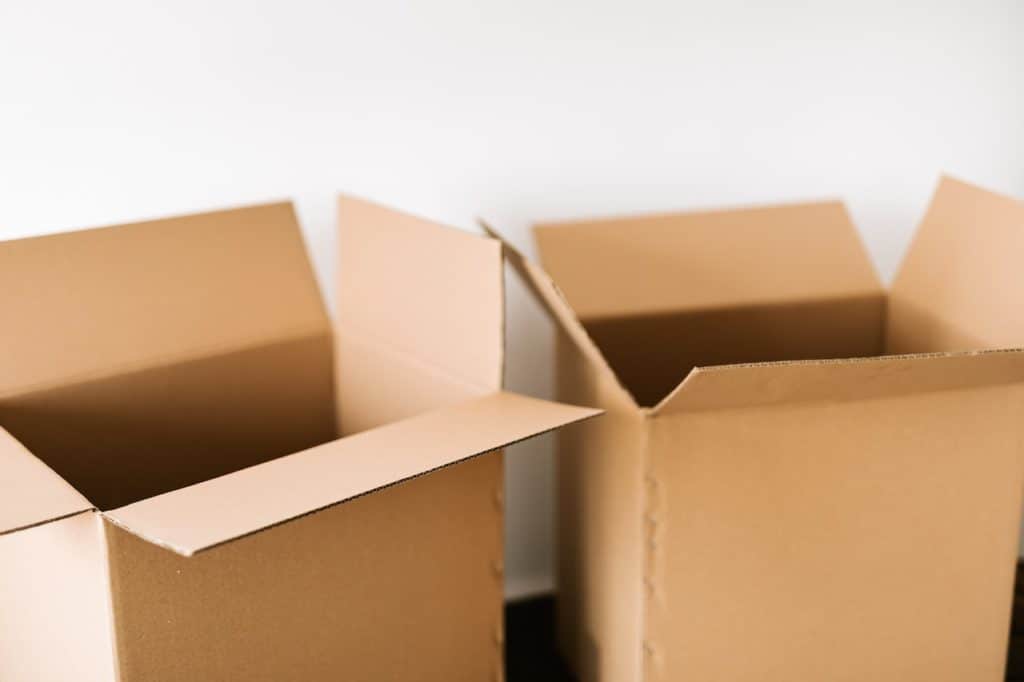Fresh from being named third in Resource Magazine‘s Top 100 most influential people in waste, we would like to offer a warm welcome to Karen Cannard…
Hi Karen, could you introduce yourself to our audience please?
I’m Karen Cannard, a co-founder of The Rubbish Diet Challenge, which has grown from a personal blog into the UK’s slimming club for bins.
Would you like to tell us about why you started The Rubbish Diet?
In January 2008 I signed up to take my local council’s Zero Waste Week challenge in Suffolk. As a family of four, including two young children, we used to throw away a lot of rubbish and I wanted to reduce it. I was invited to become the campaign’s community champion, because I was “so average.” I created my blog, which I called The Rubbish Diet, as a personal diary, recording our hurdles and successes as we counted down to our Zero Waste Week over eight weeks. When that final week came, all we threw out to landfill was a plaster. The blog was only meant to last for the challenge. However, I was so amazed at the huge difference our small changes had made and at how much money we’d saved that I carried on blogging and invited others to take a Rubbish Diet. In March 2012, I teamed up with social enterprise Cwm Harry to develop the blog into a new website where people could sign up and take the Diet online and get support to invite their neighbours, friends and colleagues.
What do you believe are the main challenges for people recycling at home?
The recycling service varies hugely depending on where you are. Some areas collect nearly everything at the kerbside, but in flats and rural areas the service is often very limited. But we can help people to recycle as much as they can within the system they have, answering any questions they have and sharing great ideas to make it easy, such as ways to store your recycling even in small spaces and how to get your family on board.
One particular issue is plastics. Plastics are so easily made into new products and packaging, they are too valuable to be thrown away. However, more than 40% of councils don’t yet have collection facilities for plastic pots, tubs and trays. Labelling on plastic packaging can be confusing too, as by definition it has to apply nationally, so labelling might say a material can’t be recycled when it can. The only way to be sure is to check your local council’s website, which we help to reinforce through The Rubbish Diet.
Meet West London’s Waste Train from The Rubbish Diet on Vimeo.
If you had to give one tip for bin-slimming what would it be?
Don’t settle for Status Quo. I don’t mean the band, I mean the size of your rubbish bin. Most people who take The Rubbish Diet slim their bins by at least 40%, even if at first they didn’t think they could make much of a difference. The Diet encourages people to find ways to slim their bin that work for their lifestyle, wherever they live: whether it’s discovering new items that can be recycled at your kerbside or supermarket, finding new ways to use up leftovers or swapping disposal products for reusable alternatives.
What does the future hold for The Rubbish Diet?
Right now we are focused on our West London Waste Train campaign (see video above) and would love to have lots of people in West London on board. When preparing our campaign we discovered that 10% of the waste train contains plastic resources that could be recycled in the West London boroughs, so we hope to reduce this as well as other key materials.
However, there is also a lot of interest from local authorities and community groups from around the UK and we are preparing to scale-up so we can support them, based on our work in West London, Powys, Suffolk and Shropshire. People find the Diet easy and fun to do, and we know it works. Our aim is to develop the Rubbish Diet message across the UK.
Thanks Karen!








